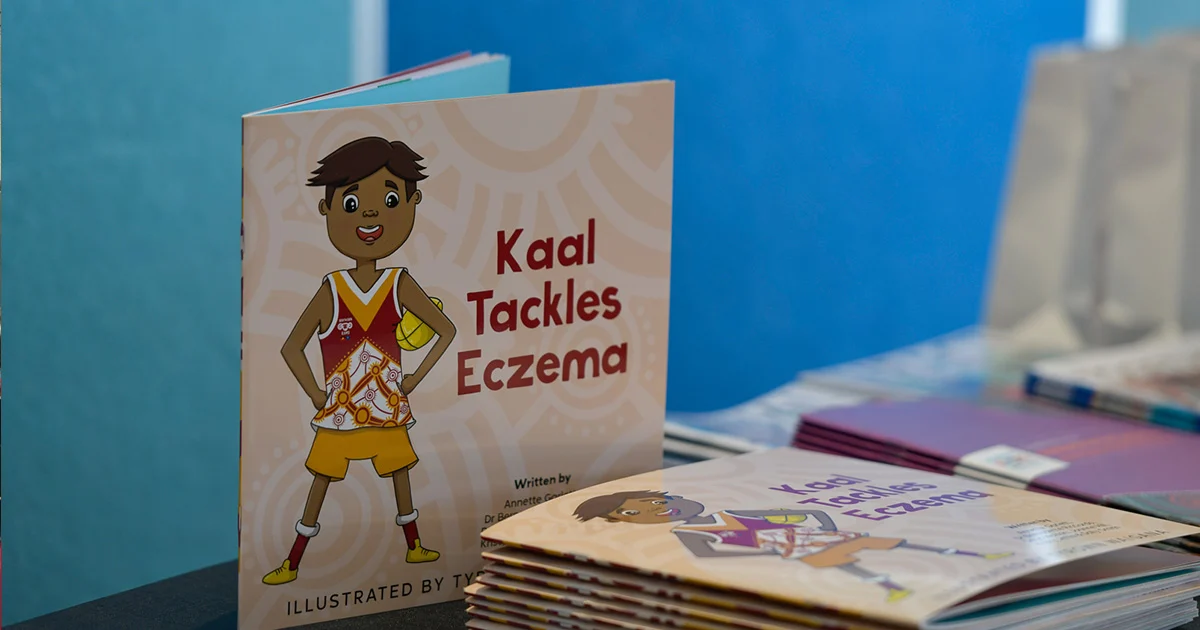Search
Research
Heterogeneity and distribution characteristics of tertiary lymphoid structures predict prognostic outcome in esophageal squamous cell carcinomaTertiary Lymphoid Structures (TLSs) are ectopic lymphoid aggregates that form within the tumor microenvironment (TME) and are increasingly recognized as potential prognostic biomarkers in various cancers. However, the spatial heterogeneity and prognostic value of TLSs in esophageal squamous cell carcinoma (ESCC) remain poorly defined. This study aimed to characterize the spatial distribution patterns of TLSs and tumor-infiltrating lymphocytes (TILs), and to establish a refined prognostic model for ESCC patients in both surgery-only and neoadjuvant therapy cohorts.
Research
Sex assigned at birth may modify health-related quality of life in children treated with peanut oral immunotherapyThe high burden of peanut allergy underscores the need for treatment options that improve patient health-related quality of life (HRQL). However, the modifying effect of sex assigned at birth on treatment-related outcomes remains poorly understood. We sought to investigate whether sex modifies treatment effect on the change in overall and subdomain HRQL during the PPOIT-003 trial.

In close partnership with Aboriginal Elders and community members in Western Australia's south-west, we created ‘Kaal Tackles Eczema’, a children’s book to help Aboriginal families manage eczema. Our research showed a high prevalence and need for culturally relevant resources. The book uses Noongar language and art to educate and reduce infections, and is available online and in schools.
Research
Preoperative preparation of children with upper respiratory tract infection: a focussed narrative reviewThis review summarises the current evidence for the perioperative preparation in children with upper respiratory tract infections (URTI), including COVID-19 infection. URTI, including COVID-19 infection, are common and frequent in children who present for elective surgery. Children with URTI are at increased risk of perioperative respiratory adverse events.
Research
Relationships between social determinants of health and healthy body composition among Aboriginal and Torres Strait Islander youth in the Next Generation: Youth Well-being studyPete Azzopardi PhD, FRACP, MEpi, MBBS, GDipBiostats, BMedSci Head, Adolescent Health and Wellbeing Head, Adolescent Health and Wellbeing Professor
Research
An Aboriginal and Torres Strait Islander adolescent model of primary health carePete Azzopardi PhD, FRACP, MEpi, MBBS, GDipBiostats, BMedSci Head, Adolescent Health and Wellbeing Head, Adolescent Health and Wellbeing Professor
Research
Neonatal high-frequency oscillatory ventilation: where are we now?High-frequency oscillatory ventilation (HFOV) is an established mode of respiratory support in the neonatal intensive care unit. Large clinical trial data is based on first intention use in preterm infants with acute respiratory distress syndrome. Clinical practice has evolved from this narrow population. HFOV is most often reserved for term and preterm infants with severe, and often complex, respiratory failure not responding to conventional modalities of respiratory support.
Research
“It Empowers You to Empower Them”: Health Professional Perspectives of Care for Hyperglycaemia in Pregnancy Following a Multi-Component Health Systems InterventionThe Northern Territory and Far North Queensland have a high proportion of Aboriginal and Torres Strait Islander women birthing who experience hyperglycaemia in pregnancy. A multi-component health systems intervention to improve antenatal and postpartum care in these regions for women with hyperglycaemia in pregnancy was implemented between 2016 and 2019.
Research
Higher maternal bread and thiamine intakes are associated with increased infant allergic diseaseA mother's diet during pregnancy may influence her infant's immune development. However, as potential interactions between components of our dietary intakes can make any nutritional analysis complex, here we took a multi-component dietary analysis approach.
Research
4CMenB Breadth of Immune Response, Immunogenicity, and Safety: Results from a Phase 3 Randomized, Controlled, Observer Blind Study in Adolescents and Young AdultsMeningococcal serogroup B (MenB) strains are highly diverse. Breadth of immune response for the MenB vaccine, 4CMenB, administered at 0-2, 0-6, or 0-2-6 months, was demonstrated by endogenous complement-human serum bactericidal antibody (enc-hSBA) assay against an epidemiologically relevant panel of 110 MenB strains.
